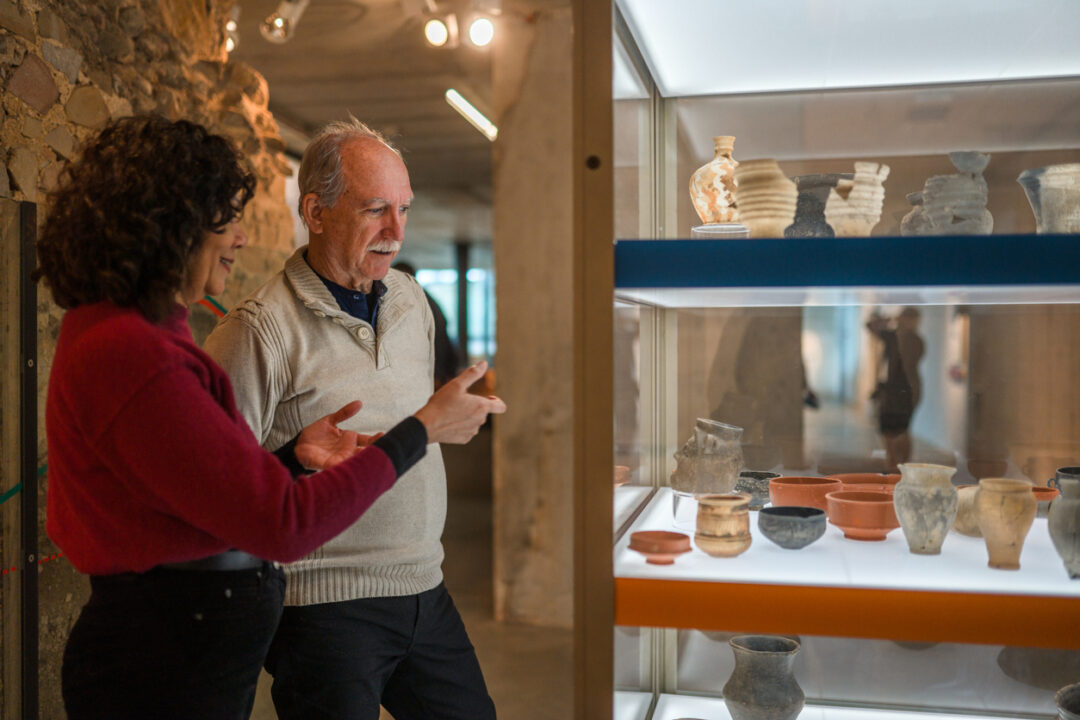10 Clever Tips for Scoring Big at an Estate Sale

On the hunt for a rare piece of art? Or maybe you’re looking for the perfect couch — but at a bargain? Estate sales could be the answer. Typically held at the property itself (hence the name) after a major life event like moving, downsizing, or death, you can find everything from furniture and antiques to rare collectibles and family heirlooms at these upscale garage sales. But as exciting as they can be, navigating these treasure troves requires having a few tricks up your sleeve to snag the best deals.
From researching the sale catalog ahead of time to knowing how to negotiate prices efficiently, here are 10 tips to keep in mind to help you make the most bang for your buck at an estate sale.
1. Do Your Due Diligence

Before attending an estate sale, consider checking online listings or catalogs to identify high-value or unique items that you may be interested in bidding on ahead of time. This will help you plan your budget and prioritize the items you want most. Knowing the market value of specific pieces can also give you an edge in bargaining negotiations.
2. Arrive Early

The best deals and most sought-after items will often go quickly, so plan to arrive as soon as the sale opens — or even earlier to maximize your chances. Being first in line (or close to the front) means you’ll have dibs on hot ticket items before others can snag them. Early birds are also more likely to catch the sellers’ attention, who may be more willing to negotiate.
3. Bring Cash

Some estate sales may not have a credit card machine or accept other forms of payment like Venmo or Zelle, so having cash on hand can give you more leverage in negotiations. Sellers may be more inclined to offer a deal or discount for immediate payment. Plus, you’ll avoid missing out on an item due to card payment issues or fees.
4. Be Prepared to Negotiate

Similar to garage sales, bargaining is expected at estate sales, so don’t be afraid to ask for a discount on an item — especially if you notice any flaws like dents or scratches, which you can use as leverage to secure a better deal. Remember to always approach negotiations with confidence (while still being polite and respectful) to maximize your chances of success.
5. Bring or Rent a Truck for Larger Items

If you’re eyeing furniture or larger items like art sculptures or bulky glassware, make sure you have a safe way to transport them. Consider renting a U-haul or borrowing a large vehicle to save yourself from the hassle of having to make multiple trips. Showing up prepared also signals to sellers that you’re a serious buyer, which may work in your favor when negotiating.
6. Inspect Items Thoroughly

Before committing to an item, remember to examine it for damage, missing parts, or general wear and tear. A careful inspection can help you avoid overpaying for something that may require further costs like restoration or repairs.
7. Prioritize Estate Sales Managed by Professionals

Estate sales run by professional companies tend to be more organized, complete with clear displays, pricing, and detailed item descriptions. Compared to makeshift sales run by family members or friends, these estates tend to feature higher-quality or well-preserved items. Check reviews or ask around about the company to ensure you’re dealing with a reputable organizer. You can also check sites like estatesales.net to find local sales near you.
8. Network With Sellers and Other Shoppers

Building rapport with estate sale organizers can give you an edge on upcoming sales or hidden gems. Chatting with other shoppers can also provide key insights into trends or other high-value items that you may have missed.
9. Know When to Return

Estate sales will often slash prices on the last day to clear out inventory. While early visits can help you secure the best items, returning later can yield the best bargains. Keep an eye on pieces you’re interested in throughout the sale — and if they haven’t sold by the last day, swoop in for a deal. Sellers are also more willing to accept lower offers to avoid leftover items.
10. Bring Tools for Disassembling Items

Since large furniture or fragile pieces may need to be disassembled for transport, be sure to bring essentials like screwdrivers, wrenches, and bubble wrap to protect your purchases and avoid any potential damage. This will help you save both time and money while giving you peace of mind in knowing your investments will be safe during transport.